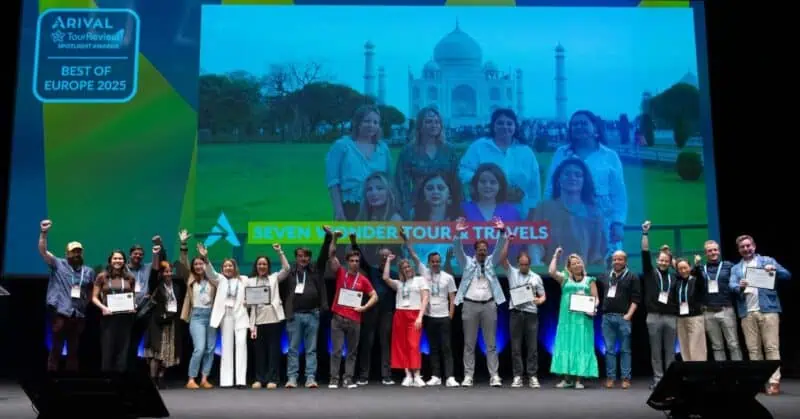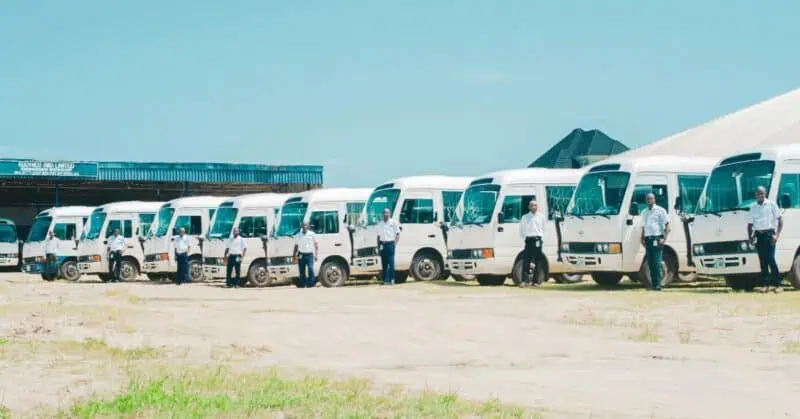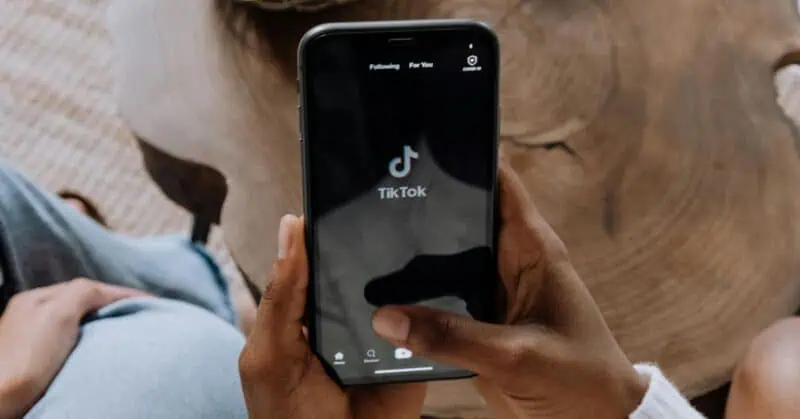The Arabian Desert surrounding the glittering city of Dubai and comprising much of the United Arab Emirates is at first glance, seemingly barren. Mounds of sand rise from the horizon, and to the naked eye, the desert seems void of life. But just under the sand’s surface lives a delicate ecosystem of dormant seeds waiting to sprout, mammals such as the Arabian red fox dozing in the sand to escape the day’s heat, and insects, reptiles, and more.
As one of the most popular tourism cities in the world, Dubai hosts millions of visitors each year. And one of the most popular activities inbound travelers participate in—dune bashing—threatens the fragile desert environment and the plants and animals who live there.
Dune bashing typically involves driving at high speeds in a 4×4 vehicle to slip and slide over the sandy desert surface. While this experience is certainly thrilling to adrenaline-seeking travelers, it destroys the UAE’s unseen, but vitally important, flora and fauna.
It was the practice of dune bashing that led Adam McEwan and his partners to launch the tour operator group Platinum Heritage in 2012, a company that prides itself on both lauding the authentic cultural heritage of the UAE and its treasured desert.
McEwan partly credits the global financial crisis of 2008 to the foundation of Platinum Heritage.
As travelers affected by the crisis tightened their purse strings, McEwan noticed many tour operators were racing to the bottom when it came to their prices. “Tours were becoming a cheaper and cheaper commodity, and they weren’t accurately representing the culture and heritage of the country,” he says. “The quality went down as the prices went down.”
So McEwan approached a member of the United Arab Emirates royal family who was known to dislike the practice of dune bashing, and came up with the idea to start a new type of tour company—one that helps conserve the desert and the culture of the UAE. A pioneering way for travelers to experience the Arabian Desert was born.
True to History of Dubai
One of the most popular tours offered by Platinum Heritage, the Heritage Desert Safari, looks back 70 years to the 1950s, when the Land Rover was first introduced to the region. “We wanted to trace the journey of the Safari back to the first four-wheel-drive in the country. You can almost define the UAE as pre-Land Rover and post-Land Rover. Before Land Rovers were brought into the country by the British, people could only travel as far as a camel could take them in a day,” says McEwan, adding that the vehicle drastically helped transform the country by making tribes closer, widening the availability of food, and integrally, helping survey the country to discover oil.
“We chose that iconic vehicle as a starting point, and we wanted to take people on a journey of how the UAE would have been in the 50s,”
says McEwan. Guests travel on desert roads in vintage, open-top Land Rovers. Heritage Desert Safaris don’t use materials that wouldn’t have been available in the 1950s in their camp builds, and the company only serves traditional meals.
That also means no dune bashing.
As McEwan and his team were designing this flagship experience, they worked with conservationists to research the harmful effects of dune bashing. What they found was appalling.
“90% of the animals in the desert are subterranean and nocturnal. So they only come out at night under the ground,”
says McEwan. “Even larger desert foxes and hares bury themselves in the side of the dune during the day, leaving themselves a breathing hole when they sleep … dune bashing covers up the breathing holes and essentially buries these animals alive—and their food.”
Platinum Heritage hired a dedicated conservationist to help advise the company on how to preserve sensitive areas in the desert, which involves staying on established sand roads, conducting their tours on a private land preserve, and educating guests on the desert flora and fauna, and how it has evolved over time.
Growing Niche Tours
McEwan anticipated Platinum Heritage’s tours would be a niche product—and some of them, such as the company’s more luxury safari experiences—are. But the company’s responsible tours like Heritage Desert Safaris are a big draw. Over the past eight years, the responsible travel niche has turned into a thriving industry. McEwan estimates the company has the third-highest traveler volume in the desert.
While McEwan doesn’t know of similar tour operator competitors, Dubai’s department of tourism and commerce marketing, Visit Dubai, has made efforts to help other companies adopt some of the smaller practices that have made Platinum Heritage so successful. For example, the company uses 100% solar power in their camps so they don’t have to use generators for electricity.
Who Takes Responsible Tours?
The largest demographic of Platinum Heritage’s guests are from the United States, followed by travelers from the U.K., Germany, France, and Australia.
McEwan says 9% of travelers book their tours through an online travel agency (OTA), and the rest either book through an offline travel agent or directly through the company’s website. This is likely because Platinum Heritage is highly focused on creating content showcasing their tours via social media, and also through high-quality videos on Youtube. Last year, the company had 12 million views on their Youtube videos.
McEwan thinks their Youtube success stems from creating and posting content that isn’t solely focused on driving bookings. It is because they provide information about nomadic desert life, authentic cuisine and how animals are cared for. “People are really interested in how our camels and falcons are kept,” he says, adding that the Youtube channel helps educate potential travelers that, for example, the hood falcons wear over their eyes isn’t cruel, but helps keep them calm by minimizing sensory overload during transportation for falcon demonstrations (Bedouins—traditional nomads who lived in the Arabian Desert—have a long history of training falcons).
Like this? register for our Newsletter to continue the conversation
Sign UpMcEwan says tourists are asking more questions than ever before: questions about the welfare of animals, about the sustainability of their tours, and how their tour guides are treated. Western and European tourists, in particular, are lured to this message because these themes of conscious travel are more popular in these areas.
But he concedes that a responsible tour alone is not enough to drive bookings—at least in Dubai.
“If authenticity and sustainability are your only business model, I think in this part of the world, it wouldn’t work. It has to be in coordination with other elements that are more attractive,” he says. “Some travelers are looking for a product based on a certain price, and it doesn’t matter how responsible or authentic you are.”
Sustainable practices, however, are good for the bottom line in the long term. Over a few years, installing solar power at their camps has helped Platinum Heritage run operations more efficiently. Using solar-powered atmospheric water generators means they don’t have to truck water in by car or camel. Staff turnover is very low because there is a purpose behind the work. Animal populations and plant life thrive in the area the company runs tours, which increases guest satisfaction.
“Both travelers and our staff are really proud to work with us,” says McEwan. “And I think the idea of only looking at from a financial perspective is quite short-sighted.”

















